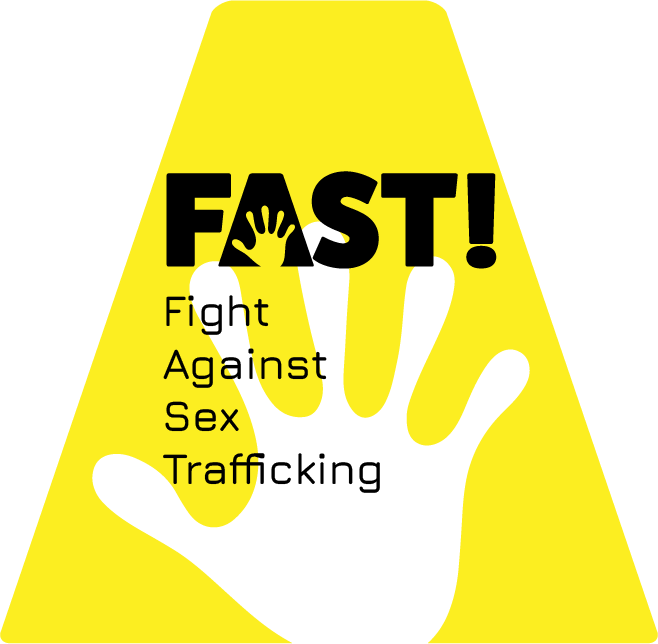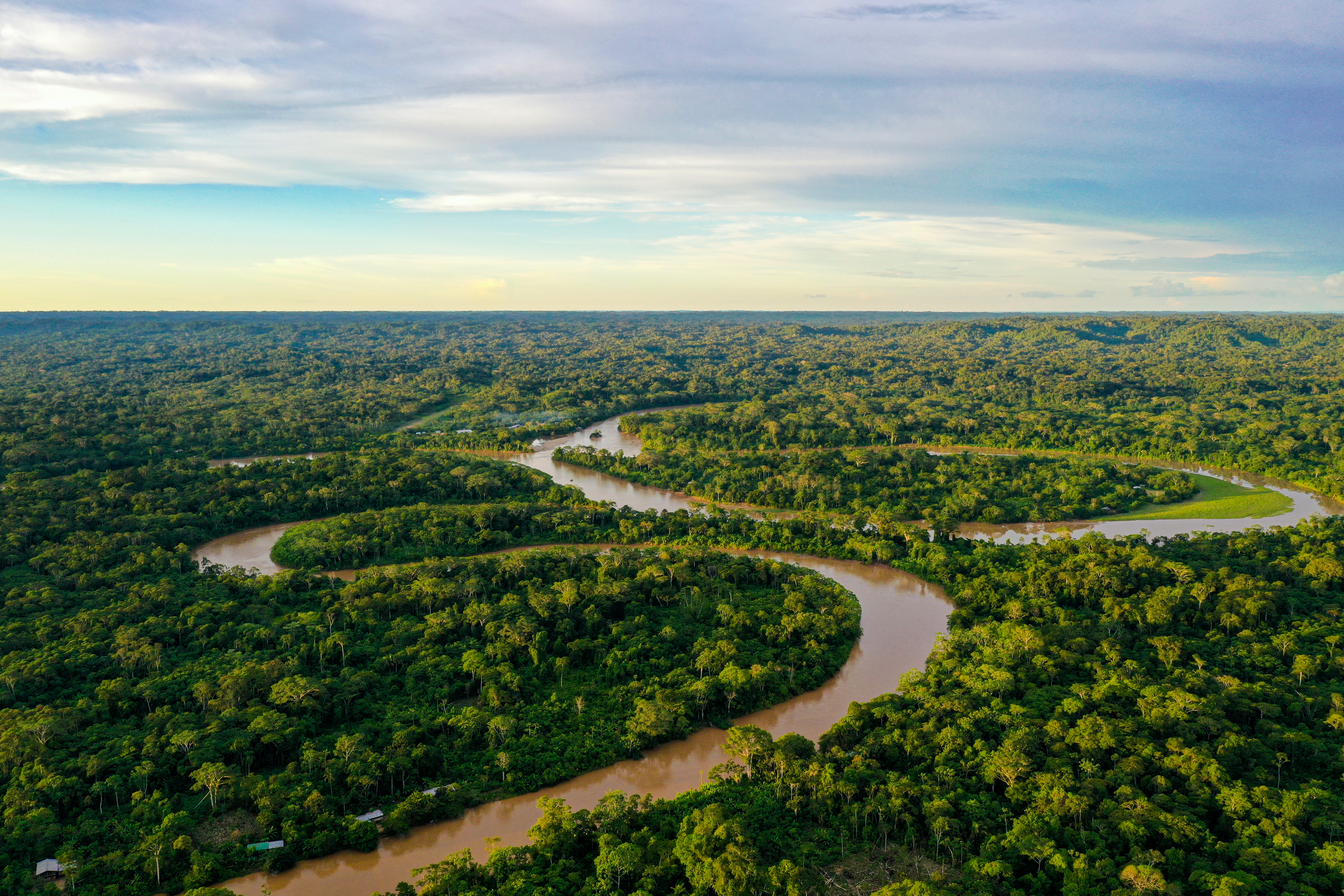The United Arab Emirates (UAE), with its strategic location between Europe and Asia, its oil reserves, and progressive policies, has emerged as a significant economic hub attracting massive foreign investment and contributing to intricate global financial networks. The country has massively invested in infrastructure, tourism, and technology, to diversify its economy and reduce its dependence on oil.
The UAE’s remarkable economic growth has been fueled by various factors. Including, as mentioned above, its strategic location, favorable business environment, and visionary leadership. As a result, the country has attracted a significant number of foreign workers, contributing to its thriving economy.
Unfortunately, this influx of individuals seeking employment opportunities has also made the UAE vulnerable to the issue of sexual trafficking. Sexual trafficking involves the coercion or exploitation of individuals for the purposes of forced labor or sexual exploitation. The intersection between the UAE’s economic power and sexual trafficking is complex but cannot be ignored.
It is also essential to assess UAE’s response to sexual trafficking. Which requires attention and action, although both being discretely swept under the red carpet of ostentatious bling and intense lobbying and public relations campaigns.
Sexual trafficking remains a critical issue in the UAE, with vulnerable groups. Especially migrant workers, often falling prey to this illicit trade. According to the Global Slavery Index, an alarming number of people, 132.0000 to be exact, in the UAE are living in conditions analogous to modern slavery. Traffickers often prey on individuals who are desperate for work and willing to take risks to support themselves and their families. They may promise well-paying jobs or opportunities for advancement, only to subject their victims to forced labor or sexual exploitation. The booming industries in the UAE, such as construction, hospitality, and entertainment, can inadvertently provide a haven for traffickers to exploit vulnerable individuals.
The Impact of UAE’s Economic Powerhouse Status on the Response to Sexual Trafficking
Case studies and reports further highlight the severity of the problem, painting a worrying picture of exploitation. This is often hidden beneath the country’s glitzy facade. Lots of people reported that the country is a major destination for sex trafficking. Here is where African women are forced into prostitution by illicit networks operating within the country. The authorities have done little to nothing to protect these women. They are turning a blind eye to their reports and even sending them back to the traffickers.
A recent Reuters report talks about how African women trafficked into the UAE are forced into debt and subjected to threats and violence, as they are kept in sexual slavery.
The UAE’s economic clout is substantial, often influencing the actions and decisions of both countries and international organizations. These economic ties can potentially discourage robust action against human trafficking as countries may be hesitant to endanger profitable relationships.
Trade, investment, and diplomatic ties intertwine, creating an intricate web that often results in leniency towards countries with economic power. Even in the face of serious human rights issues like sexual trafficking. This has also been furthered by the extensive lobbying efforts made by the UAE to counter any negative perceptions. The country invested significantly in projecting an image of a modern, progressive state. Trying to divert attention from pressing concerns like human trafficking, thereby masking reality.
A recent review gives us a dose of reality
A recent review of documents submitted by The Quincy Institute for Responsible Statecraft showcases over 25 lobbying companies representing clients from the United Arab Emirates (UAE) between 2020 and 2021. The report revealed that US lobbying firms received over $64 million from Emirati clients.
Striking a balance between economic interests and addressing human trafficking remains crucial. The world must awaken to the urgency of this issue, fostering increased awareness, collaboration, and decisive action to combat sexual trafficking in the UAE. Economic power should not eclipse the critical necessity of safeguarding human rights, and the global community must work collectively to ensure it does not.



